In today’s rapidly evolving business landscape, social impact is no longer a “nice to have” — it’s a critical driver of risk and opportunity. From regulatory demands to shifting stakeholder expectations, companies and investors are under increasing pressure to understand and manage their social footprint. Yet, many still underestimate how deeply social risks can affect their operations, reputation, and bottom line.
The New Reality: Social Impact as Core Business Risk
Gone are the days when social issues were viewed solely through the lens of corporate social responsibility (CSR). Today, social impact is directly linked to financial performance and investor confidence. Whether it’s how a company treats its employees, engages with communities, or upholds human rights in its supply chain — failures in any of these areas can lead to regulatory fines, investor backlash, and lasting reputational harm.
Consider the growing body of environmental, social, and governance (ESG) regulations that are coming into force globally. These require companies to actively demonstrate how they manage social risks — and failing to do so may soon become a legal liability. Investors, too, are demanding clear, measurable evidence of companies’ social impact performance before committing capital.
From Reputational Damage to Financial Loss: Real-World Examples
Several high-profile corporate controversies in recent years highlight just how costly unmanaged social risks can be:
- Labor violations in global supply chains leading to consumer boycotts and regulatory crackdowns.
- Discrimination lawsuits resulting in multi-million dollar settlements and executive resignations.
- Community conflicts over environmental or social harm stalling major projects and damaging brand trust.
What these cases have in common is a lack of early detection and proactive management of social risks — something that Big Village Data is uniquely positioned to address.
Why Traditional ESG Ratings Are Not Enough
Many companies rely on standard ESG ratings to assess their performance. However, generic ESG scores often overlook deep-rooted and emerging social risks. They tend to focus on what’s reported on paper, not how companies behave in reality. This gap leaves organizations blind to risks that may already be building under the surface — until it’s too late.
How Big Village Data Helps You Get Ahead of Social Risks
At Big Village Data, we go beyond standard ESG checklists. We offer cutting-edge, independent measurement and analysis of social risks, so companies and investors can:
✅ Identify and assess diversifiable social risks that others miss.
✅ See an objective view of how your company or investment treats stakeholders — employees, communities, suppliers, customers, and more.
✅ Act early on emerging social risks before they escalate into crises.
✅ Ensure compliance with evolving social standards and regulations.
✅ Benchmark performance — understanding how you compare to others in your sector or a customized peer group.
✅ Document and demonstrate best efforts to address social risks, supporting both compliance and stakeholder trust.
Social Impact: An Opportunity, Not Just a Risk
Beyond risk mitigation, proactively managing social impact opens doors to new opportunities:
- Investor attraction: Responsible investors seek companies that can demonstrate real social impact performance.
- Talent retention: Employees increasingly want to work for companies that treat people and communities well.
- Customer loyalty: Consumers favor brands that align with their values and show responsibility toward society.
- Regulatory advantage: Companies ahead of the curve in social compliance avoid fines and enjoy smoother regulatory relationships.
Conclusion: It’s Time to Take Social Impact Seriously
Social impact is no longer peripheral to business success — it’s central. Companies and investors who take a proactive, data-driven approach to social risks will not only avoid costly pitfalls but also unlock significant strategic advantages.
Big Village Data is here to help you measure what matters most — and act on it effectively. Because in a world where social expectations are higher than ever, seeing clearly and acting early is the only way forward.


